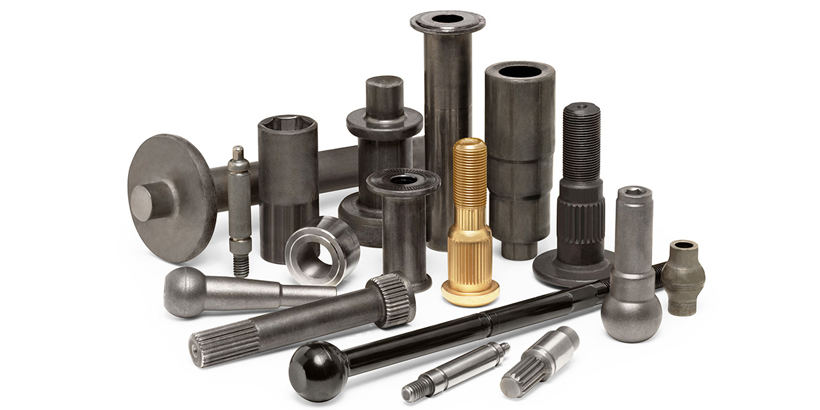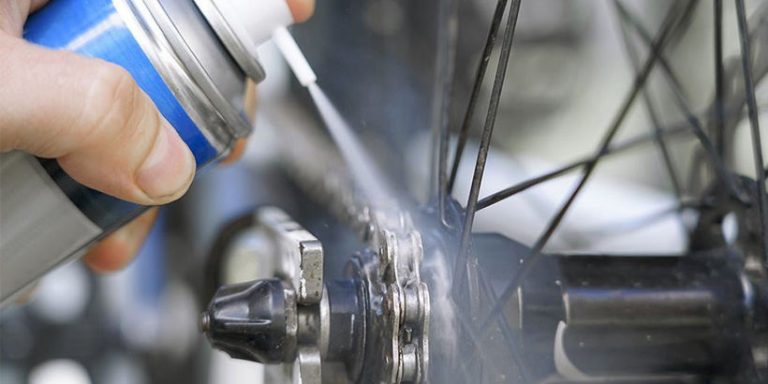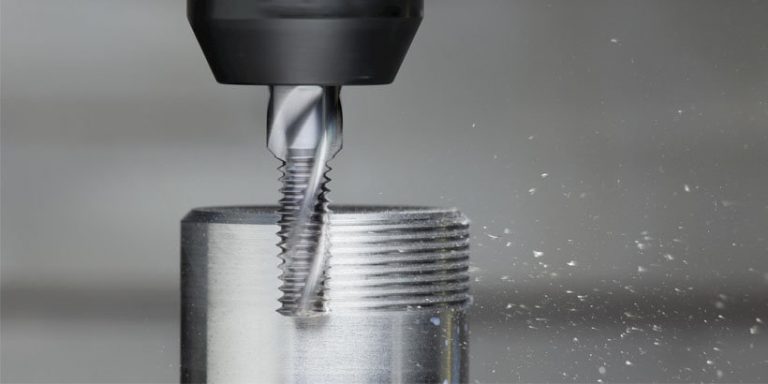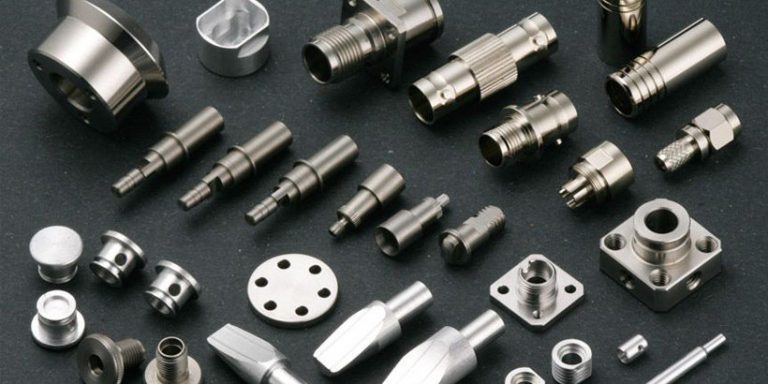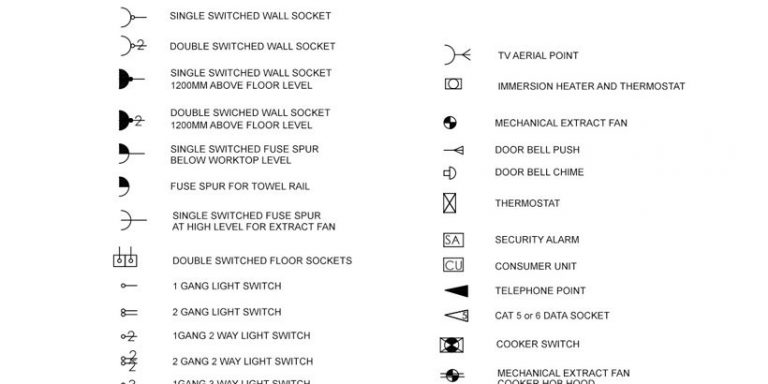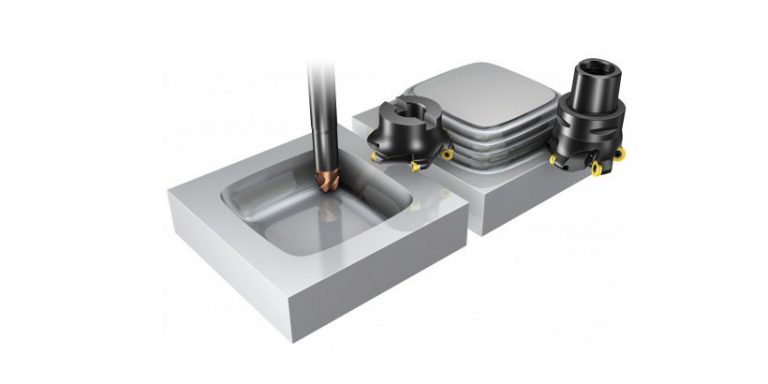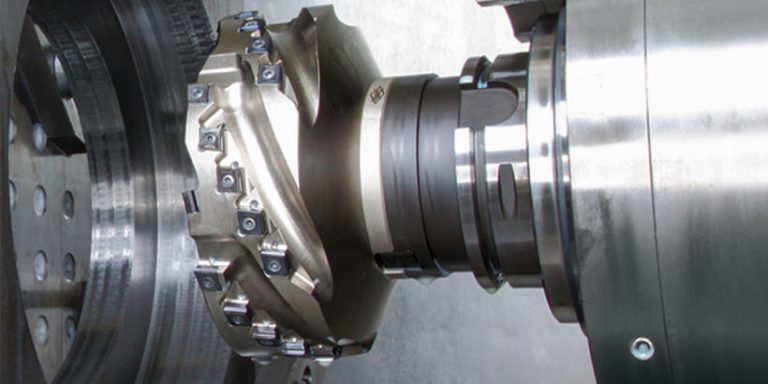Guide to Fasteners Utilized in Aerospace
Although an aircraft is constructed from the most effective materials, if these components are not firmly dealt with each other, its safety will certainly be affected. The development of airplanes for industrial, shipping, and also military, in addition to ballistic missiles and also rockets, puts considerable performance pressure on aircraft fastener manufacturers. CNC machining for the aerospace market supplies an effective option for aircraft elements manufacturing, providing countless accurate machined parts every year. In this write-up, we’ll mostly talk about the types and products of aerospace bolts, in addition, to comprehend the features and also top quality standards.
Fasteners Used in Aerospace Industry
Perhaps it’s difficult to reveal the impact of fasteners from the appearance, the fasteners are still a kind of needed devices in the aerospace sector, airplane fasteners can also make up concerning half of all parts, generally utilized to set up different components and link the assemblies into a total tool, along with transfer tons from one component to an additional. Aerospace fasteners differ substantially from basic commercial-grade bolts, no matter in worldly qualities, machining process, and also performance characteristics.
Airplane Fasteners Characteristics as well as High-Quality Requirements
Aeronautics fasteners need to be very durable to withstand severe gravity stress and anxieties. They are very important components that affect the general safety and performance of the airplane. All these bolts should pass stringent conventional certification to manage their production as well as use. Because of the high accuracy and exceptional high quality, aerospace fasteners can also be used in any equipment were calls for exact elements.
Aircraft bolts usually have high corrosion as well as oxidation resistance, high tensile, shear and also exhaustion stamina, lightweight, self-locking as well as self-sealing features, and the capability to hold up against extreme settings, such as extremely high/low temperatures.
AS9100 as well as AS9120 are UNITED STATE and worldwide quality monitoring requirements that are extensively adopted for the aerospace sector, EN9100, as9100 and also bs9100 applies to companies that style and also manufacture items for the aerospace sector, including components and assemblies, AS9120, BS9120and EN9120 puts on producers as well as distributors providing air travel components for the aerospace sector.
Kinds Of Aerospace Fasteners
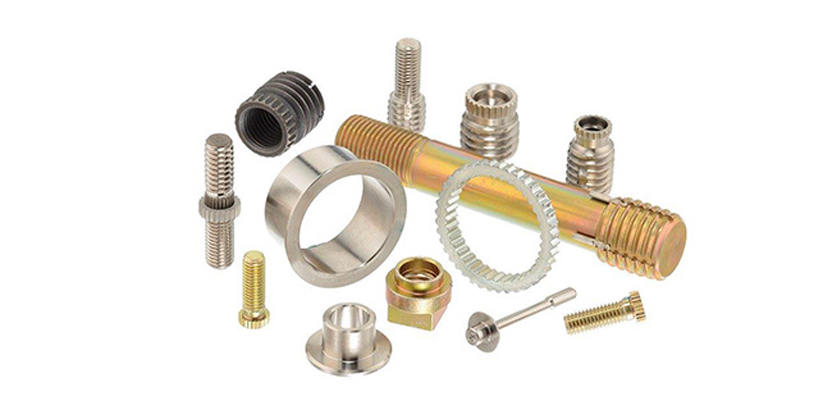
A recap of the core kinds of fasteners made use of in the aviation industry, such as screws, bolts, nuts, washers, rivets, gaskets, pins as well as collars.
- Aerospace Bolts: most bolts made use of in aircraft structures are commonly basic function, AN screws, NAS inner wrenching or close tolerance screws, or MS screws, they can be made from cadmium or zinc plated deterioration immune steel, unplated corrosion-resistant steel, and anodized aluminum alloys.
- Aerospace Rivets: a permanent mechanical fastener consists of a smooth cylindrical shaft with a head on one end, a rivet is made use of to hold 2 or more metal sheets, plates, or pieces of the product together. The shank of the rivet is put via matched openings in 2 pieces of product, as well as the idea is then disturbed to develop a second head to clamp the two pieces securely together.
- Aerospace Nuts: a type of bolt with a threaded hole, always utilized combined with a mating screw or screw, can be constructed from cadmium plated carbon steel, stainless steel, or anodized 2024T lightweight aluminum alloy. Airplane nuts can be separated into non-self-locking and also self-locking nuts.
- Aerospace Washers: including plain, lock, or special kind washers, usually constructed from stronger and also more lightweight products.
- Aerospace Screws: most typically made use of threaded airplane fastening tools, defined by a helical ridge, known as an exterior string. Compared to bolts, they are generally constructed from lower stamina products as well as can be set up with a loose suitable thread.
Materials of Aerospace Fasteners
The fastener attributes generally depend on the product picked for the particular fastener building, the common options including aluminum, steel, titanium, and also superalloys.
Aluminum
A lightweight and cost-effective steel material extensively made use of for manufacturing various aerospace components, regularly used for atmospheric planes, but has particular constraints and might require extra surface treatment to obtain boosted residential or commercial properties. One of the most usual aerospace lightweight aluminum alloys is Al 7075, which has high strength as well as good fatigue toughness.
Steel
Steel can be up to three times stronger than lightweight aluminum, however, it is also heavier, which is the issue that should be taken into consideration in CNC machined parts of aerospace. Stainless steel and alloy steel are the major aerospace fastener materials.
Titanium
Titanium is an ideal product for aerospace fasteners due to its exceptional properties, its toughness is comparable to steel and also alloy steel, however, it is lighter, so it can be made use of to change lightweight aluminum sometimes. DEK can deliver accurate custom-made fastener items as well as other hardware constructed from a range of titanium products with our CNC machining services of titanium.
Superalloys
Superalloys (high-performance alloys) is a sort of special product made use of in airplane as well as aerospace, typically because of their more powerful capacities than other materials, including high convenience, the capacity to maintain their architectural and surface area integrity in extreme settings, as well as their resistance to sneak elements. Representatives amongst them are A286 (iron-nickel-chromium alloy), H-11 (5% chromium tool steel alloy), Hastelloy ®, Inconel 718 ®, and so on.
